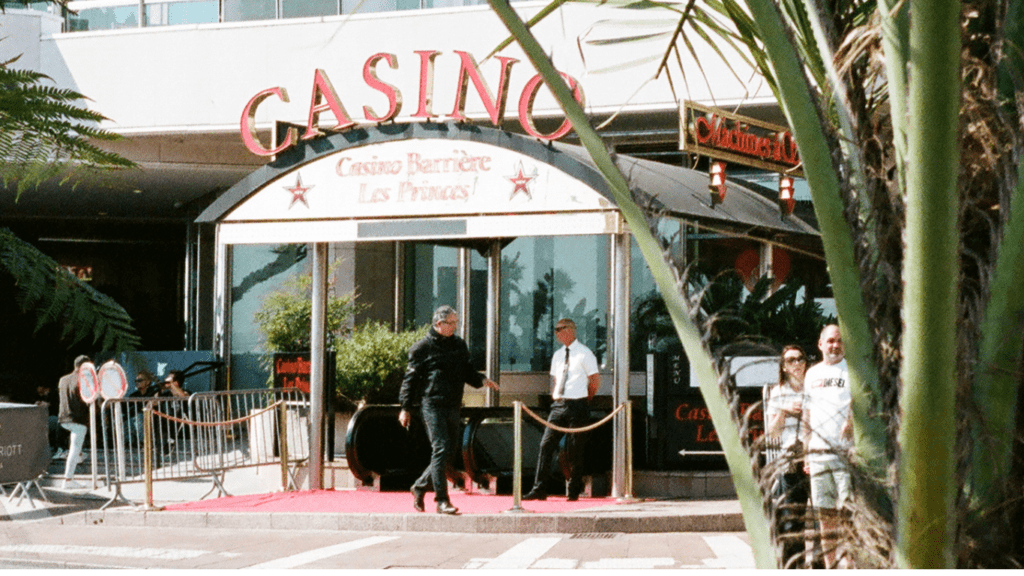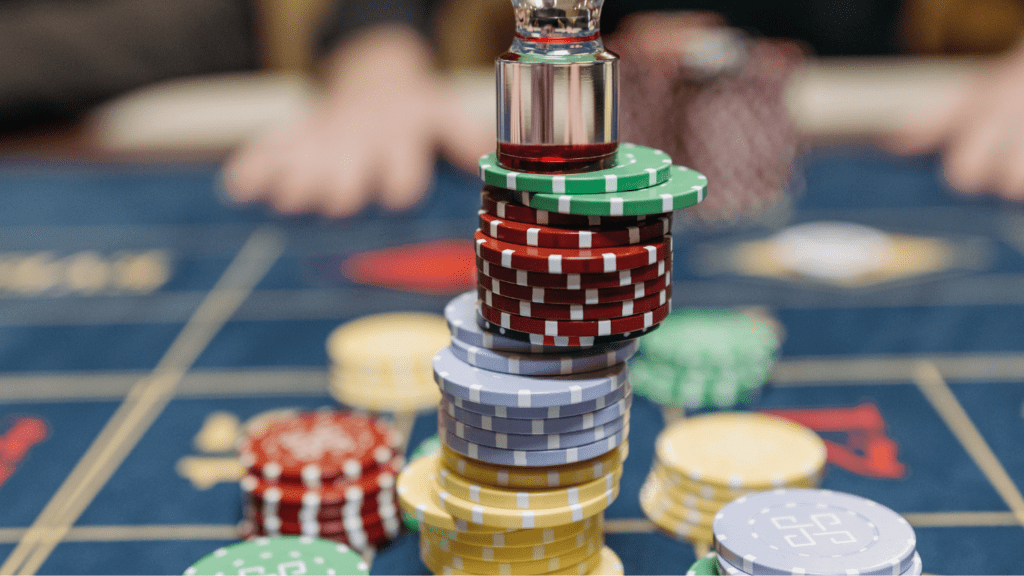Decoding the Myth: Can Casinos Control Your Luck?
Casinos often seem to possess an uncanny ability to influence a player’s luck. Understanding the mechanisms behind this perception helps clarify whether casinos truly manipulate outcomes.
Unveiling Casino Operations
Casino operations hinge on complex systems ensuring fairness.
Slot machines use Random Number Generators (RNGs) to guarantee randomness in outcomes.
Regulators frequently audit these machines to ensure compliance. Table games follow strict rules overseen by trained dealers.
Dealers undergo rigorous training to maintain game integrity. Surveillance systems monitor activities to prevent cheating. Casinos strive for transparency to build trust with patrons.
The Psychology Behind Casino Design
- Casino design exploits psychological principles to enhance player engagement.
- Lighting, sound, and layout create a stimulating environment. Designers use bright lights and upbeat music to keep energy levels high.
- Maze-like layouts encourage longer stays.
- Lack of clocks and windows leads to time disorientation, prompting players to gamble longer.
- Comfortable seating and free drinks enhance the overall experience.
Understanding these elements shows that while casinos enhance the gaming experience, they don’t control individual luck.
The Role of Randomness in Gambling
Randomness forms the core of gambling. Casinos can’t control individual luck due to the inherent randomness built into their games.
How Random Number Generators Work
Random Number Generators (RNGs) ensure fairness in electronic games like:
- slots
- video poker
These algorithms cycle through numbers at high speeds, producing thousands of outcomes per second. When a player hits spin, the RNG stops at a number corresponding to a specific outcome.
RNGs are regularly tested by independent agencies to confirm unpredictability and reliability.
Understanding the House Edge
The house edge represents the mathematical advantage casinos have over players. Each game incorporates rules and payout structures that skew odds slightly in the casino’s favor.
For example, in American Roulette, the presence of a double zero increases the house edge to around 5.26%.
This edge varies by game but is crucial to the casino’s long-term profitability. However, it doesn’t eliminate the randomness that can lead to significant wins for players.
Common Misconceptions About Casinos

Misinformation about casinos often leads to misunderstandings about how they operate. Let’s debunk some of these misconceptions.
Myth: Casinos Manipulate Slot Machines
Many believe casinos can manipulate slot machines to control outcomes. However, reputable casinos rely on Random Number Generators (RNGs) to determine results.
According to the American Gaming Association, RNGs ensure that every spin is independent, making it impossible for anyone to predict or alter results.
Licensed bodies regularly audit these systems to maintain fairness.
Myth: Frequent Wins Mean a Slot is ‘Due’
Some players think that frequent wins mean a slot machine is ‘due’ for a payout. In reality, each spin on a slot machine is independent of the previous one.
RNGs create unpredictable outcomes, making patterns or streaks non-existent. For example, winning five times in a row doesn’t affect the likelihood of winning the next spin.
Player Strategies vs. Casino Settings
Player strategies often contrast with the controlled environment casinos maintain to ensure fairness and profitability.
How Players Try to Beat the Odds
Players frequently use various strategies to tip the scales in their favor. Card counters track dealt cards in games like blackjack to predict the likelihood of certain cards appearing next.
Advantage players seek to exploit any errors or dealer tells to gain an edge. Another common tactic involves employing betting systems such as the Martingale, where bets double after each loss.
Although these strategies might provide temporary success, they don’t alter the house edge.
Can Casino Ambiance Affect Your Game?
Casino ambiance significantly impacts player behavior by creating an immersive and stimulating environment. Factors like:
- lighting
- music
- fragrances
are designed to keep players engaged.
For example, dim lighting and flashing lights attract attention, while upbeat music maintains a sense of excitement. Casinos often use specific scents that evoke feelings of comfort and pleasure.
These elements aim to prolong a player’s time on the floor, increasing the chances of them placing more bets, but they don’t influence the outcomes of games.

 Janets Barnettiero is the dynamic founder of Gamble Guru Gate, a pioneering platform that stands as a beacon of expertise and guidance in the gambling sector. With a career spanning over two decades, Janets has cultivated a deep understanding of the intricacies of the gambling industry, blending her analytical skills with a passion for responsible gambling practices.
Her journey began with a fascination for the mechanics and psychology of gambling, leading her to pursue studies in mathematics and behavioral science. This educational foundation laid the groundwork for her insightful approach to gambling analysis. Early in her career, Janets worked with several top-tier casinos and gaming companies, gaining hands-on experience and insider knowledge that would later fuel the success of Gamble Guru Gate.
Janets Barnettiero is the dynamic founder of Gamble Guru Gate, a pioneering platform that stands as a beacon of expertise and guidance in the gambling sector. With a career spanning over two decades, Janets has cultivated a deep understanding of the intricacies of the gambling industry, blending her analytical skills with a passion for responsible gambling practices.
Her journey began with a fascination for the mechanics and psychology of gambling, leading her to pursue studies in mathematics and behavioral science. This educational foundation laid the groundwork for her insightful approach to gambling analysis. Early in her career, Janets worked with several top-tier casinos and gaming companies, gaining hands-on experience and insider knowledge that would later fuel the success of Gamble Guru Gate.
